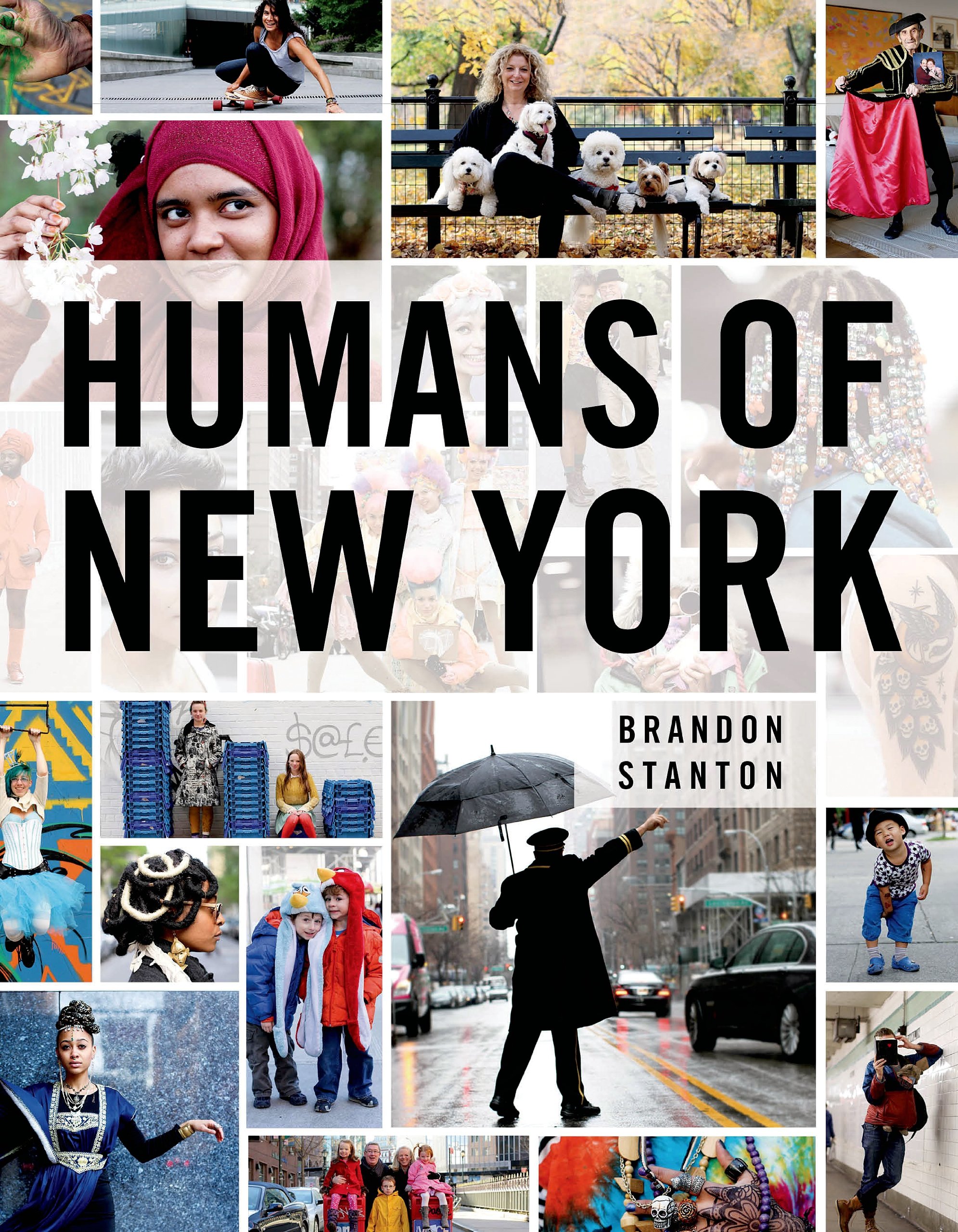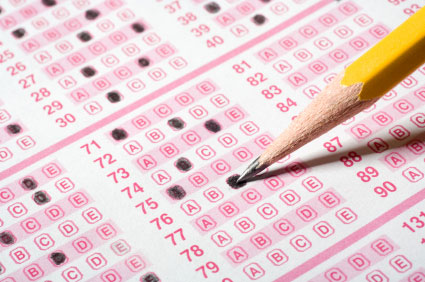When the boyfriend grabbed and yelled at his girlfriend, people immediately reacted. Not only did they reprimand the man, but they advised the woman to call the police and encouraged her that she "doesn't have to put up" with his behavior. Bystanders might have thought that the boyfriend was using his aggression on his girlfriend, and therefore, the woman didn't deserve what she received. This is a complete contrast with the reaction of the people when the woman was the abuser. The girlfriend hits and yells at her boyfriend as well, but no one helped the man, and people were clearly laughing at him. The bystanders probably thought the man was merely getting picked on by his girlfriend or that the boyfriend did something to deserve the treatment. This leads to my question: Why are people more prone to stop male abusers than woman abusers?
Although this was a fake scenario the reaction of the people were all real. Some also think that people in the U.S. might have acted differently, but I believe that the reaction of Americans would be very similar to those of the British. I believe this because the idea of male dominance is evident regardless of which country a person is in. In history, women have always been looked at as weaker than men, so I think that often times people react immediately to the male abuser because they don't think that the woman can defend herself. "Desertphile" comments under the video, acknowledging that he himself would not react if he saw a woman abusing a man and understands that it should be not different, but because the victim is a man, "he has more options for ending the abuse". I believe that by "options", the commenter means more power. Society gives men this expectation to be stronger than women, and for that reason, I think that people were laughing at the man because it's embarrassing for a man to get bullied by a woman.
What would Americans say if they heard a man was a victim to domestic violence vs. a woman like in this video? Does that differ with what you think Americans would actually do if they witnessed this situation? Why or why not?
What would Americans say if they heard a man was a victim to domestic violence vs. a woman like in this video? Does that differ with what you think Americans would actually do if they witnessed this situation? Why or why not?









